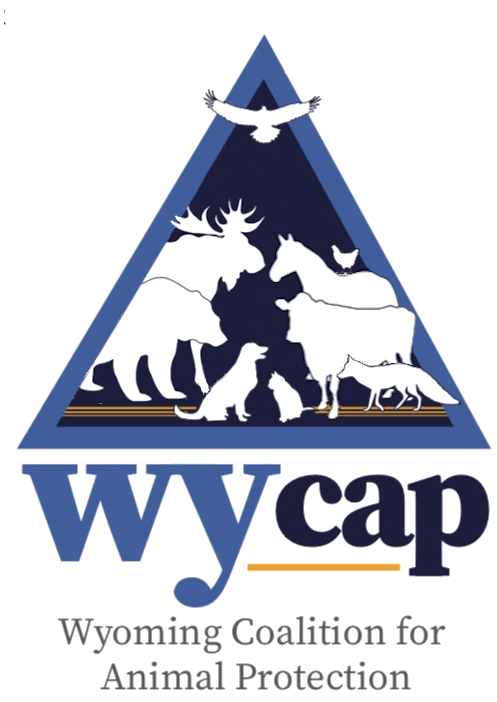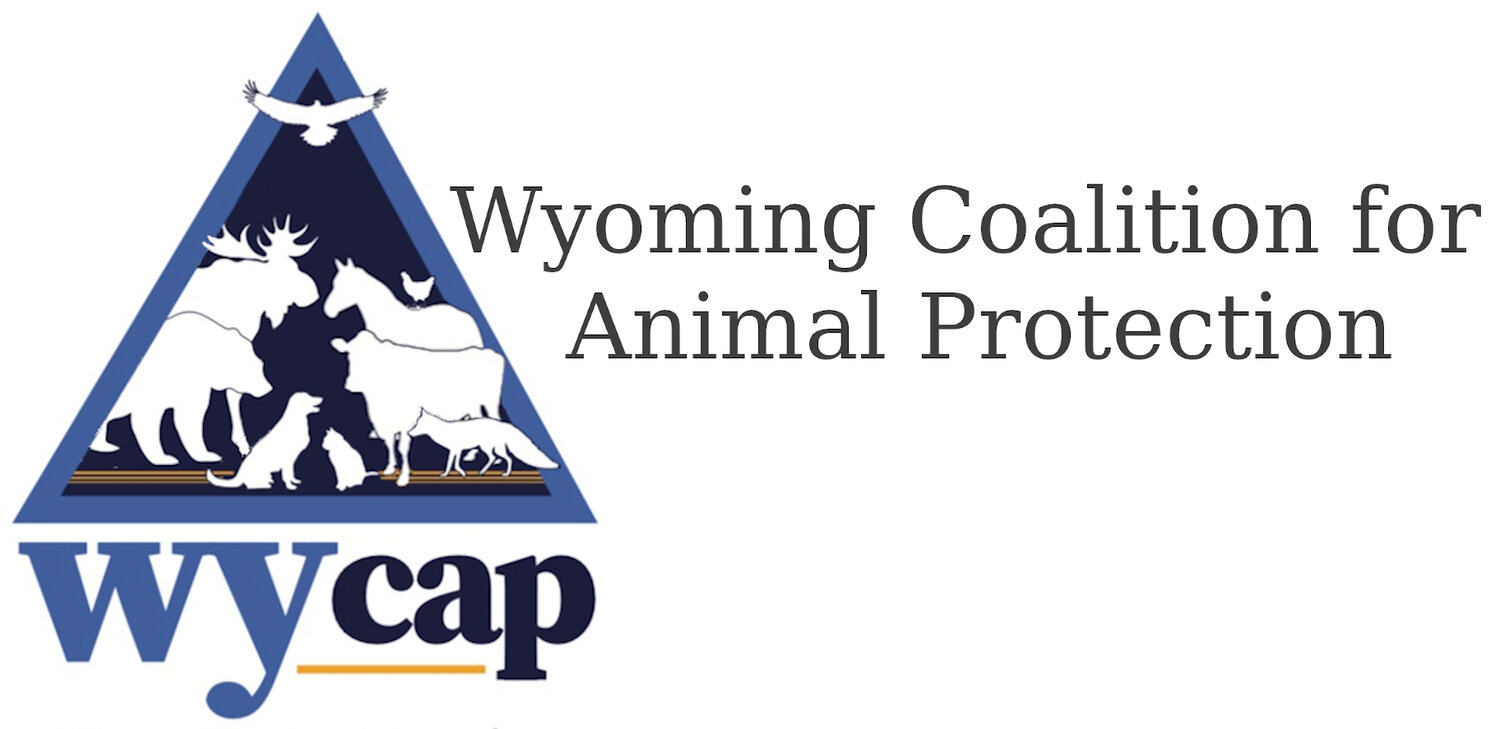Inmates and Cats–Working Hand in Paw
by Suzanne Luhr, Lt. Jennifer Stephens, and Maddie Haak
Now here’s an idea! Cats in prisons. Well, not a new idea at all as cats in prisons are as old as prisons themselves. But to intentionally bring cats and inmates together, to benefit both? That’s kind of a novel idea; at least in Wyoming. Particularly in Wyoming’s smaller jails. But this is what the Cheyenne detention center is doing. Patterned after the PACK program with dogs in Torrington’s men’s prison, Meow Mates was recently launched at the Laramie County Detention Facility, after a half year of planning. The Laramie County Sheriff’s Department has partnered with Black Dog Animal Rescue to match cats in need with inmates vetted and deemed responsible enough to care for these cats.
This is a clear benefit to all; the cats, the inmates, and the staff. In her research, Lieutenant Jennifer Stephens of the Sheriff’s Department found a study done in 2006 showing that with animals incorporated into prisons, 100% of inmates reported less stress, and 97% reported better relationships between inmates and staff, and between inmates.
Lieutenant Stephens has always been a cat person and has fostered cats for the Cheyenne Animal Shelter for the last five years. She is the brainchild of the Meow Mates program. The idea arose after seeing how inmates responded to her foster cats when bringing them to work with her. She was also inspired by Jackson Galaxy on the television program, “My Cat from Hell”. Teaming up with Maddi Haak and Black Dog, they worked out the logistics of the program. The inmates are given a physical and mental health review before being approved for the program and sign a waiver before ever being introduced to a cat. The cats are also vetted for temperament to make sure they are a good fit for the program.
Maddi’s and Black Dog’s goal is to get cats out of kennels and shelter cages, get them socialized which is good for cat and human alike, then adopted into permanent homes. Black Dog provides the detention center staff with the training materials they need and they train the staff to look for certain stress signals in the ‘incarcerated’ cats. Black Dog supplies toys, cat trees, catnip, everything a cat could possibly want or need while in prison. Maddi said BDAR, also covers the veterinary needs of the cats in the program. BDAR expects that the Meow Mates program will be funded by donations alone.
Maddi of Black Dog’s
In mid-March, they introduced the first cat, a big orange tabby named Sully, to a men’s pod in the detention center. Spirits were high. Rumors went around that Sully was in for cat burglary. Starting in the larger pod, Sully was found to be showing some signs of stress. He would one minute be lying on an inmate’s lap, then the next be hiding, so it was decided to move him to a smaller pod of women where he did much better. The women are responsible for everything to do with Sully’s care in order to remain in the program. After Sully’s socialization is complete and he is deemed a model citizen, he will then be released to Petco where he will be adopted out, and a new cat will take his place in the detention center to start the process over again.
The PACK program, or Preparing Adoptable Companion K-9s mentioned above is a collaboration between Black Dog Animal Rescue and the Wyoming Medium Correctional Institution in Torrington. Similar to Meow Mates, dogs are supplied by Black Dog and undergo training by inmates, learning basic commands before being returned to Black Dog, ready for adoption.
**BREAKING NEWS!!**
Since writing this story it’s become a tale of two kitties. Sully and his successor, Peregrine, have both ‘graduated’ from the Meow Mates program and have been adopted into new loving homes. Meow Mates is initiating its third resident and roommate, Yum Yum!
We look forward to hearing additional Meow Mates tales, and how the program evolves to help more cats and more people.
For more information about Meow Mates, contact: Maddi Haak at maddi@bdar.org




